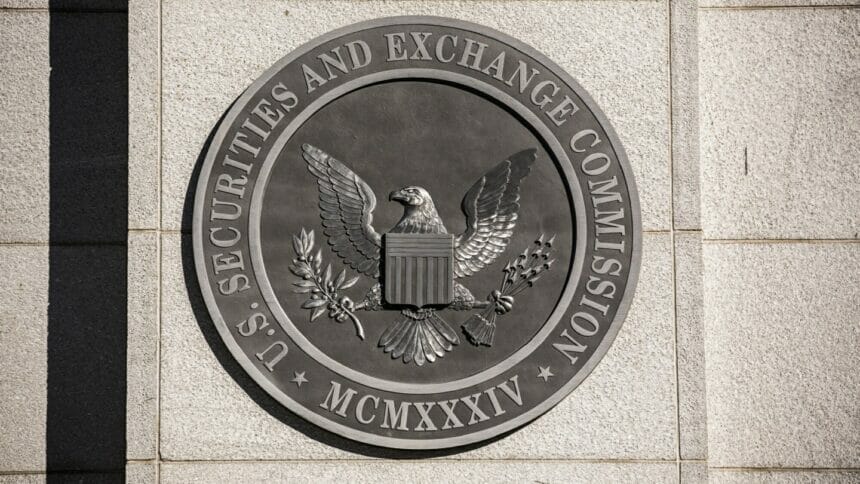
The U.S. Securities and Exchange Commission voted Wednesday to adopt changes to its decades-old definition of a professional investor to allow more everyday Americans to buy shares in private companies. The amended definition provides eligibility to investors who don’t pass the existing tests for income or net worth but meet defined measures of professional knowledge, experience, or certifications.
The SEC said it hopes the changes to its “accredited investor” definition will boost these Main Street investors’ access to the growing list of companies staying private for longer. The change, however, has sparked worries among some investor advocates and agency officials who say even seasoned investors struggle to spot problems with private companies.
Forbes columnist Erik Sherman noted in an article earlier this month that private equity is an “extremely risky choice of investment” that comes with high fees and often has a “deleterious effect on the economy.”
The agency said the amendments are part of its ongoing effort to expand investment opportunities while maintaining appropriate investor protections and promoting capital formation.




